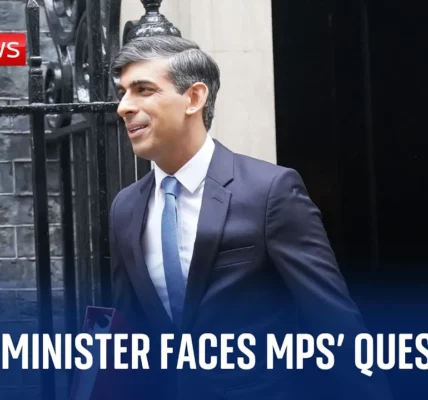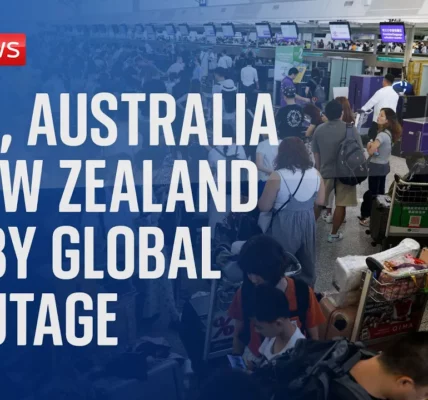80th Anniversary of D-Day: Honoring Our Armed Forces and Their Sacrifices

This week marks the 80th anniversary of D-Day, a pivotal moment in history that serves as a solemn reminder of the bravery and sacrifices made by our armed forces. It is essential to recognize the commitment of service personnel, the importance of national security, and the need for continuous support for our veterans and active military members.
Introduction
The anniversary of D-Day is not just a date on the calendar; it is a momentous occasion that commemorates the valor of those who fought for our freedoms during World War II. As we reflect on the past, it is crucial to acknowledge the ongoing sacrifices made by our military personnel. The bond between the armed forces and the nation is a special one, forged in the fires of conflict and shaped by the relentless pursuit of liberty. However, this bond is increasingly tested in today’s world, where the challenges facing our military and veterans are profound.
The Significance of D-Day
D-Day, which occurred on June 6, 1944, stands as a testament to the courage and determination of Allied forces during World War II. The operation marked a turning point in the war, leading to the liberation of Europe from Nazi occupation. The sacrifices made by thousands of soldiers on that fateful day remind us of the high cost of freedom. It is essential to honor their memory not only by remembrance but also by ensuring that we provide adequate support for those who serve in our military today.
Commemorating Service Members
- Remembering the fallen soldiers and their contributions.
- Recognizing the bravery of veterans who continue to serve their communities.
- Understanding the historical context of D-Day in shaping modern military policies.
Current State of the Armed Forces
Despite the legacy of heroism from past conflicts, the current state of the armed forces raises concerns. Recent evaluations have indicated a deterioration in living conditions and support for service personnel, highlighting a crucial need for reform.
Challenges Facing the Military
- Declining troop numbers, with the smallest armed forces since the Napoleonic Wars.
- Issues with accommodation, including problems such as faulty electrics and mold.
- Inadequate funding for essential equipment and support programs.
The Impact of Government Policies
Political decisions over the past years have led to significant gaps in military capability, with budgets repeatedly cut and recruitment targets missed. This has resulted in a morale crisis among service members, who face increasing workloads without the necessary resources.
The Role of the Labor Party in National Security
The Labor Party has recognized the urgent need for change regarding national security and military effectiveness. The commitment to NATO and the promise of substantial defense spending highlight a shift towards prioritizing the armed forces. The party’s leadership emphasizes the importance of maintaining a strong military to defend national interests both at home and abroad.
Key Policy Proposals
- Commitment to increasing defense spending to 2.5% of GDP.
- Implementation of a triple-lock guarantee on the nuclear deterrent.
- Conducting a strategic defense review to address current threats.
Conclusion
As we commemorate the 80th anniversary of D-Day, we are reminded of the sacrifices made by our armed forces. It is imperative that we honor their legacy by ensuring that our current service personnel receive the support they deserve. The relationship between the armed forces and the nation must be strengthened to effectively respond to emerging threats. The upcoming elections present a pivotal moment to reassess our commitment to national security, and it is crucial for voters to choose leaders who prioritize the welfare of our military and veterans. Together, we can build a safer, more secure future for Britain.
Call to Action: Let us advocate for the well-being of our armed forces and support policies that ensure their protection and respect. Visit our related articles on supporting veterans and national security policies for more insights.
“`




